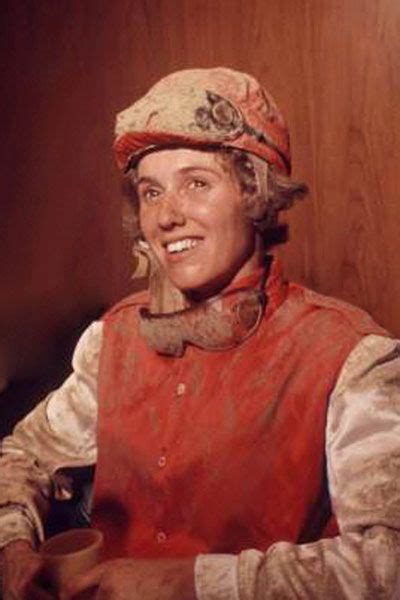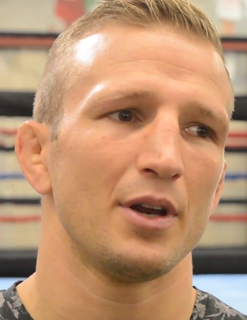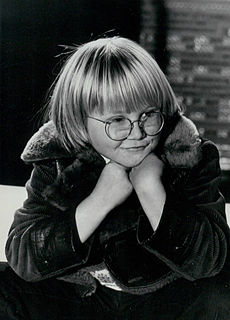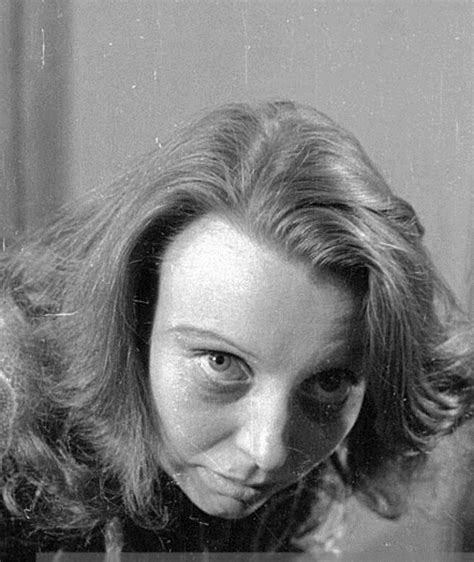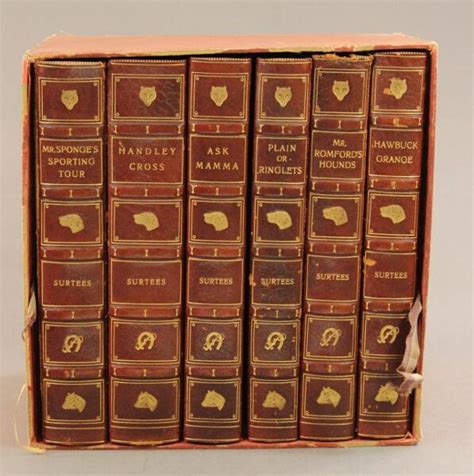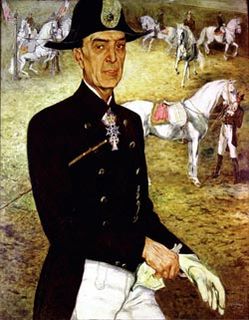A Quote by William Shakespeare
Look, what a horse should have he did not lack, Save a proud rider on his back.
Related Quotes
One might compare the relation of the ego to the id with that between a rider and his horse. The horse provides the locomotor energy, and the rider has the prerogative of determining the goal and of guiding the movements of his powerful mount towards it. But all too often in the relations between the ego and the id we find a picture of the less ideal situation in which the rider is obliged to guide his horse in the direction in which it itself wants to go.
[There, in War Horse] very little CGI. What happened there - because the horse was running very close to the trench, we had a rider. So in few instances, we had a rider dressed in a green suit. The rider would guide the horse through the frame, and through CGI [we removed] the rider. But that's about it.
Well could he ride, and often men would say, "That horse his mettle from his rider takes: Proud of subjection, noble by the sway, What rounds, what bounds, what course, what stop he makes!" And controversy hence a question takes, Whether the horse by him became his deed, Or he his manage by the well-doing steed.
The functional importance of the ego is manifested in the fact that normally control over the approaches to motility devolves upon it. Thus in its relation to the id it is like a man on horse back, who has to hold in check the superior strength of the horse; with this difference, that the rider tries to do so with his own strength while the ego uses borrowed forces.
Sometimes people will bring up these odd things that I did a one-off from. Like, I did a 'Knight Rider,' and I'll get an E-mail from a 'Knight Rider' fan who says, 'Look what I did to my car!' And I don't know if you know about this, but there is a sub-cult of 'Knight Rider' fan who trick out their cars to look like KITT. I'm, like, 'Really? Isn't there anything else you can do? Do you make that much money? Because I have projects I'd like to get off the ground, so how about you don't make KITT and you give it to me?'
And in me too the wave rises. It swells; it arches its back. I am aware once more of a new desire, something rising beneath me like the proud horse whose rider first spurs and then pulls him back. What enemy do we now perceive advancing against us, you whom I ride now, as we stand pawing this stretch of pavement? It is death. Death is the enemy. It is death against whom I ride with my spear couched and my hair flying back like a young man's, like Percival's, when he galloped in India. I strike spurs into my horse. Against you I will fling myself, unvanquished and unyielding, O Death!




